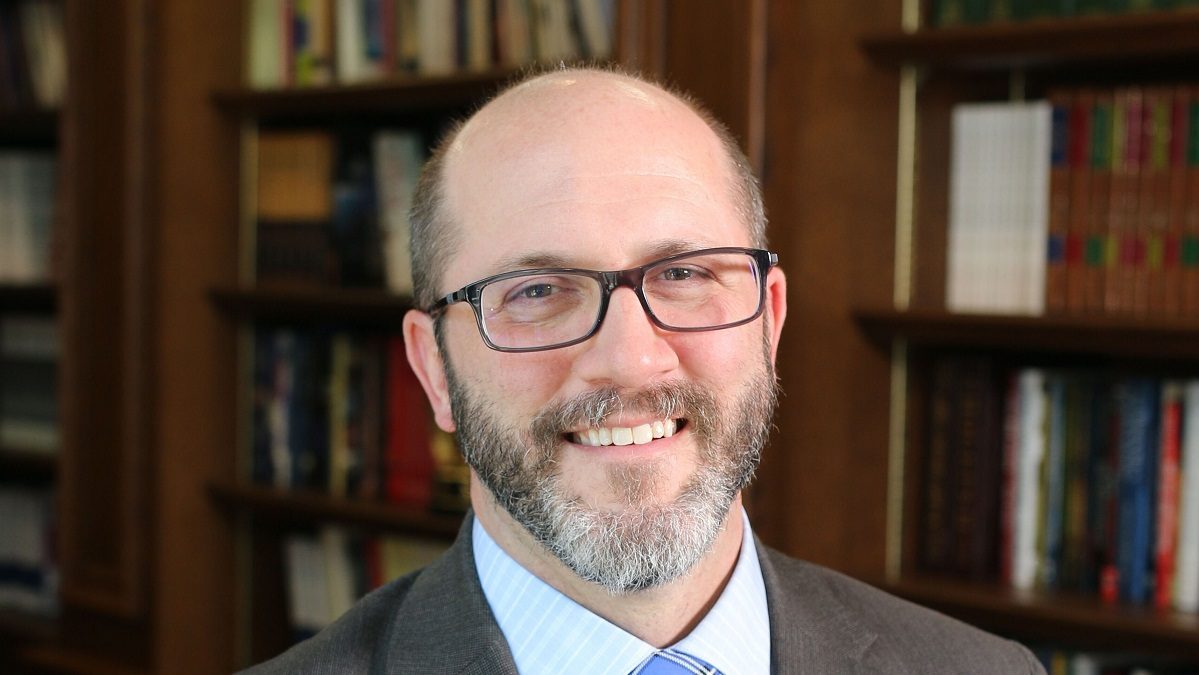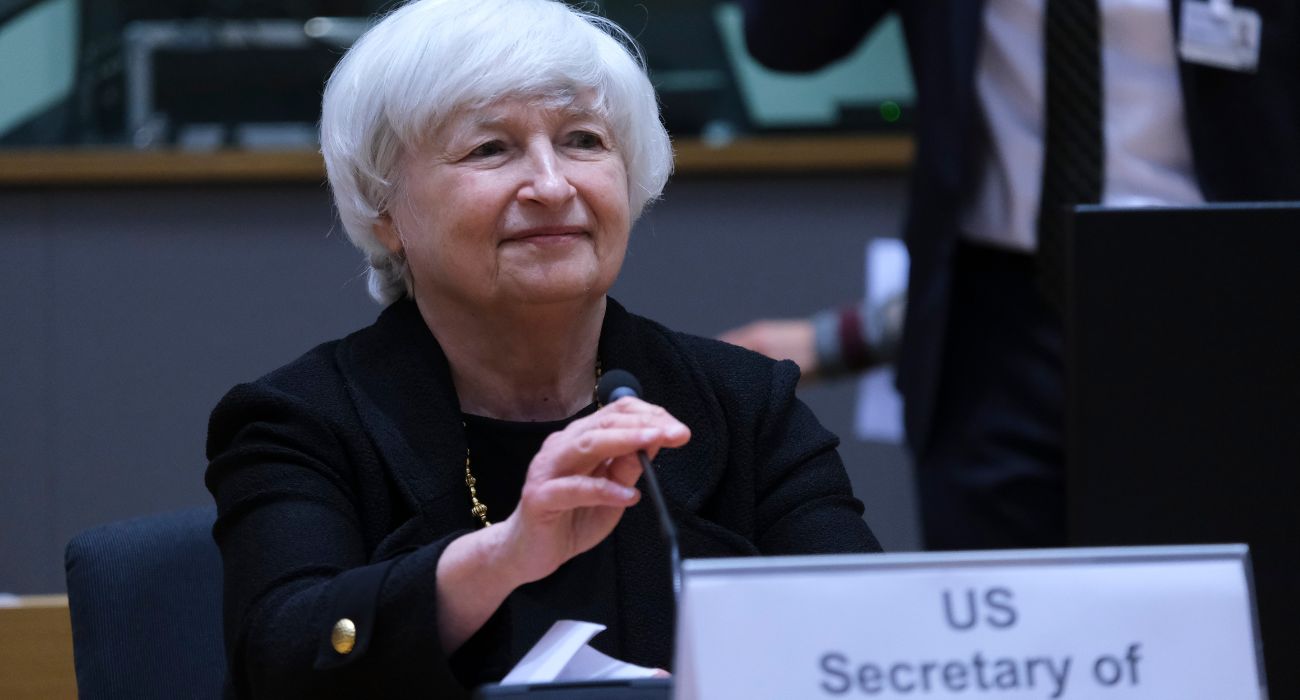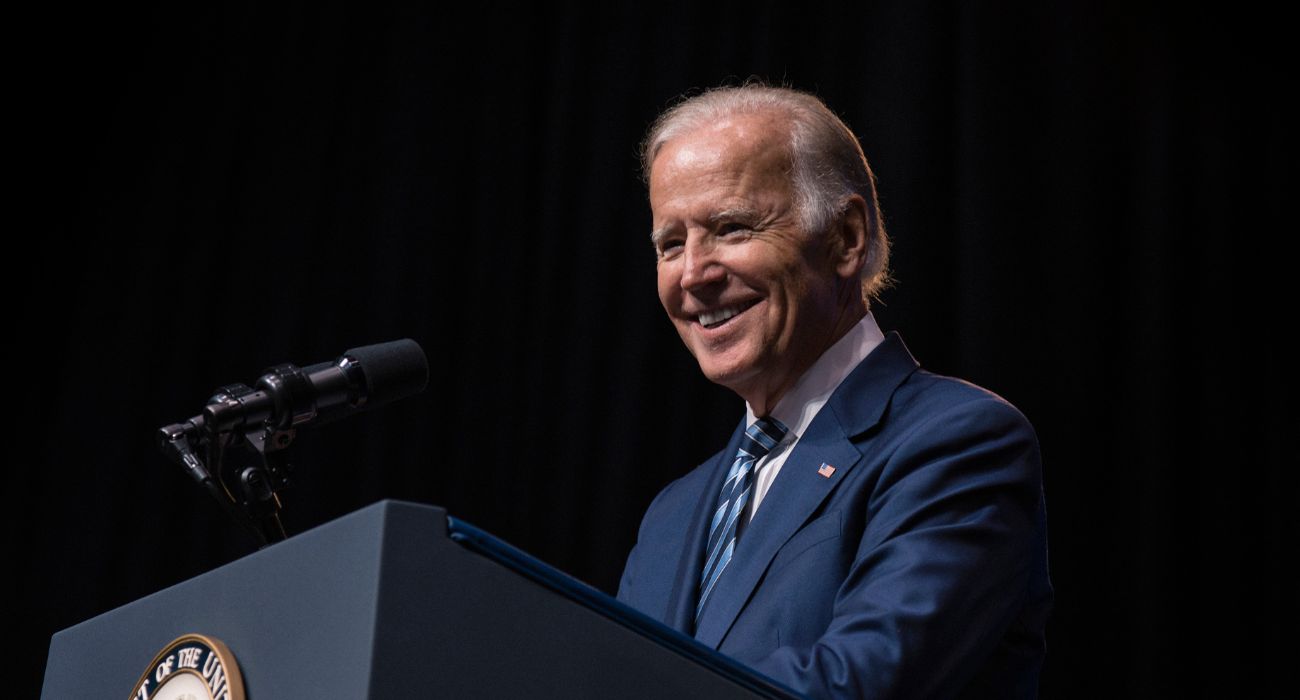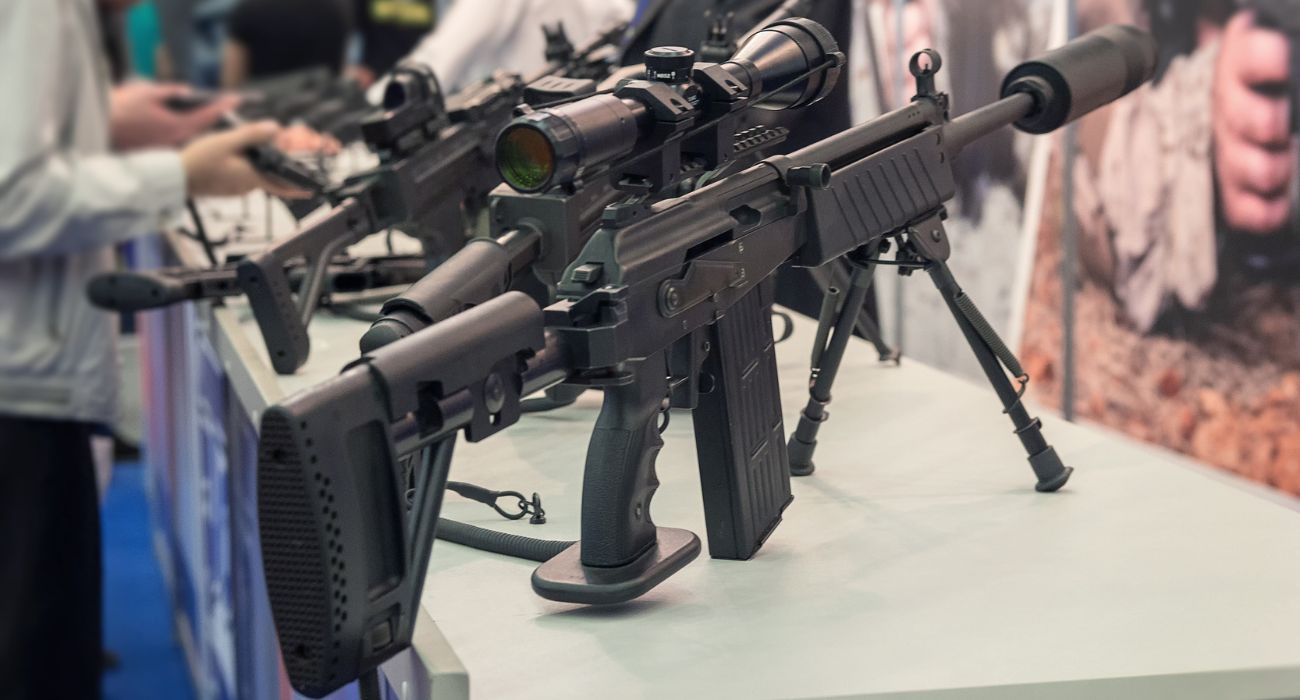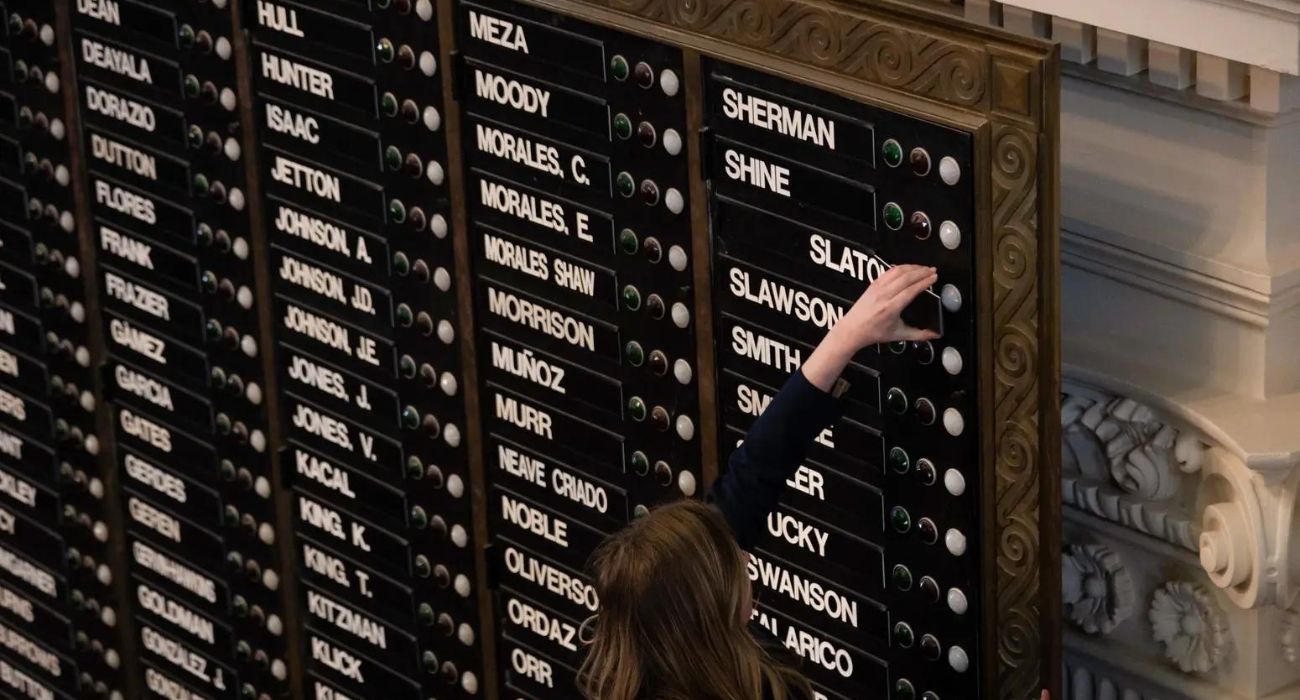After Texas Democrats torpedoed sweeping voter reform legislation, Senate Bill 7, on May 30 by walking out of the Statehouse and leaving the body without a quorum needed for voting, Gov. Greg Abbott has called for a special session that will bring the lawmakers back Wednesday, July 7.
Even though the Republican governor did not specify that election reform will be included as part of the legislative agenda, Chad Ennis, a senior fellow with the Texas Public Policy Foundation (TPPF), said he’s optimistic the Legislature will take up the bill and send it to the governor.
“The governor has said in the past that election reform is a high priority for him,” Ennis told the Dallas Express. “So this along with lobbying and bail reform are likely to be part of the agenda.”
Ennis said despite the earlier walkout over SB 7, the legislative session has been a success for voter integrity measures. The last time a walkout was staged in Texas was 2003.
“The story that is not often told is that we’ve had over 20 voter integrity laws already passed and signed into law,” he said.
Among them are House Bill 2283, which bans local election officials from taking private money to underwrite the cost of managing elections, Senate Bill 1111, which prohibits the use of a P.O. Box address for use in voter registration, and House Bill 1264, which tightens the time frame for the reporting of deceased residents to a voter registrar, and to the secretary of state.
Texas, Ennis said, had 36,000 deceased voters on the rolls as of the end of 2019, second only to New York.
SB 7 will add more reforms. A TPPF analysis shows that it would, among other changes, tighten procedures for voting by mail, including adding an ID requirement for mail-in voting. And it will restrict ballot harvesting, where third parties collect and mail absentee ballots. It also imposes penalties for those “who game the system.”
“SB 7 stands as the most important legislative action taken this session” said TPPF CEO Kevin Roberts in a statement. “Coupled with other bills that prevent outside private dollar influence on our most sacred institution, we have a bulwark against the unease, and fraud that have plagued voter trust and will ensure voting is safe and easy, but hard to cheat.”
Ennis said recent polls showing that both Democratic and Republican voters largely approve of voter ID requirements is convincing Democratic lawmakers from around the country that they are on the wrong side of the issue if they oppose it.
“Believe me if I thought voter ID was Jim Crow 2.0, I would be the first one screaming against it,” Ennis said.
The special session lasts 30 days.

